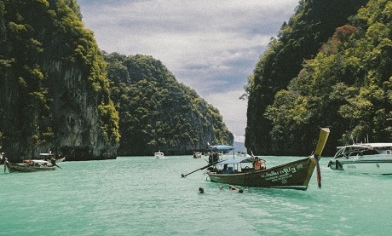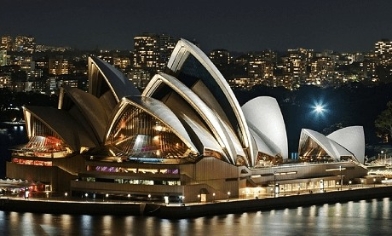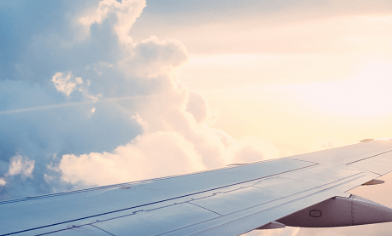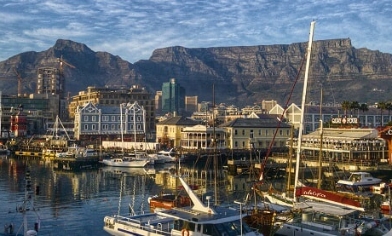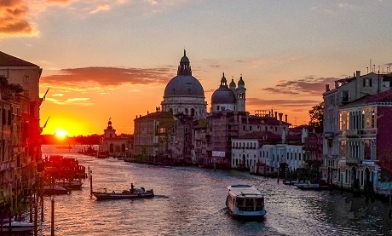Healthcare for Brits in Cuba
Travel insurance with medical cover is a requirement for visitors to Cuba. Being treated in Cuba can be expensive with or without insurance, with the Foreign, Commonwealth and Development Office (FCDO) travel advice estimating that a stay in hospital can cost £200 per day.
Depending on where you are in the country, medical facilities may be more difficult to get to, and if you need medical evacuation costs could run into the thousands of pounds.
Hospitals are more numerous nearer to Havana, but there are medical centres throughout the country. Try to find out where your nearest one is so that you are prepared. Also contact the insurer as soon as possible if you require any emergency medical assistance.
Most resorts will have some form of medical care available but it may be limited. Since the majority of holidays to Cuba are part of package deals, check with your provider about what provisions for medical care are provided if you’re concerned.
It’s likely that your activities in Cuba will be provided by a licensed operator, but if you want to do something that isn’t run by an officially licensed provider, you run the risk of lower safety standards and invalid cover. This could be very problematic if you had an injury.
Travel risks in Cuba
Being a criminal in Cuba comes with greater-than-average risks, and so crime is infrequent. However, opportunistic thieves may take advantage of negligence such as unattended bags. It’s always advisable to be vigilant against petty crime like this. To find out how if you’re unsure, check our guide to avoiding holiday scams.
Always travel with a licensed tour operator to avoid scams. These are rare but do happen, so for excursions that aren’t part of your tour, try and get advice from your provider or authoritative locals such as representatives at your hotel to point you in the right direction.
It’s not a good idea to stop for hitchhikers. There’s a lot of poverty in Cuba and you may be persuaded to hand over cash to beggars. Generally, it’s a better idea to give things that can be used such as soap, which can easily be collected for free from hotels. Due to the country’s legacy of communism, many citizens are not allowed to gain private wealth, which makes begging for money illegal. Even if it is tempting to help someone who asks you for money, you could be getting them in greater trouble.
You will need a certificate to take any art you buy out of the country. There are some wonderful art markets, not only in Havana but throughout the island, and if you wish to bring it back to the UK then having a certificate is necessary for the Cuban authorities to let you leave with it. These certificates are usually provided by the artists themselves, or the vendors.
The rules about how many and what type of cigars you can take out of Cuba have been changed regularly in recent years, so if you fancy taking some home then make sure you know the limits so you don’t get into trouble.
Environmental concerns
Hurricanes can have a devastating effect on Cuba. The country has organised national response systems that can help control the fallout of environmental emergencies, however the scale and precise locations affected are often unknown until hurricanes make landfall. Keep up to date about weather and, if you should get caught in a hurricane, follow all of the instructions you are given to stay safe.
There can be hurricanes anytime between June and November, however they are more likely toward the latter end of this period. Many storms can hit Cuba without developing into hurricanes and, excepting the truly devastating storms, will often pass without causing major disruption.
Cuban culture
The story of Cuba is one of defiance, revolution and culture. Music, art and dance are focal points of the country and you’d be hard pushed to get far down any street without encountering at least one of them.
The vibrancy and colour of the culture can be at odds with some of the hardship that’s present, and Cuban people can be both passionate and stoic. Cuba has one of the highest literacy rates in the world and education is present in many areas of life. In cigar-rolling factories, for instance, workers are played the news, radio plays and musical recitals.
It’s tempting to try and see Cuban culture away from the confines of your group, where things might feel less authentic. If you are going to do this, don’t take valuables such as your passport with you, stay safe and tell an organiser what you are doing and, if possible, where you are going.
Do I need travel insurance in Cuba?
Travel insurance with medical cover is a legal requirement if you’re visiting Cuba. There are sometimes spot checks on arrival to make sure you have enough travel insurance for your stay and to cover any medical treatment you may need.
If you don’t have or can’t prove you have cover on entry to the country, you may be refused admission or made to buy a new policy from the state’s own tourist assistance company.
Make sure you buy travel insurance that provides the cover you need upfront – from emergency medical treatment, evacuation and repatriation to protection against cancellation, delay and other disruptions, plus lost, damaged or stolen belongings. And take a printout of your insurance certificate in your hand luggage. Check the policy you choose has the right amount of Covid-19 cover for you to travel with confidence.
If you’re in Cuba with a package deal, then there’s a chance you could have a great many activities organised. If you know what they are before you depart then it’s important to check that they are all covered by your policy, and if they’re not, whether you can amend your policy accordingly.
Always check the latest travel advice
Before you travel, check the latest Foreign, Commonwealth and Development Office (FCDO) advice for your destination, as travelling against this advice may invalidate your travel insurance.





